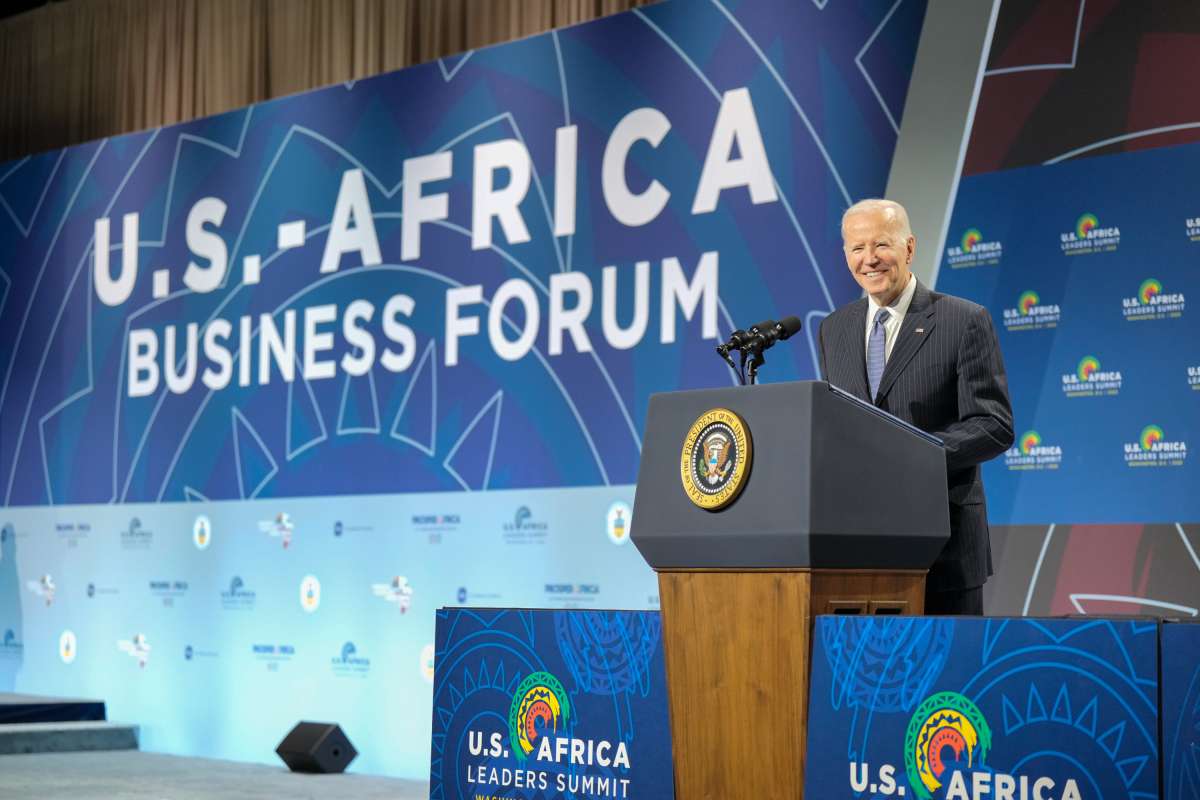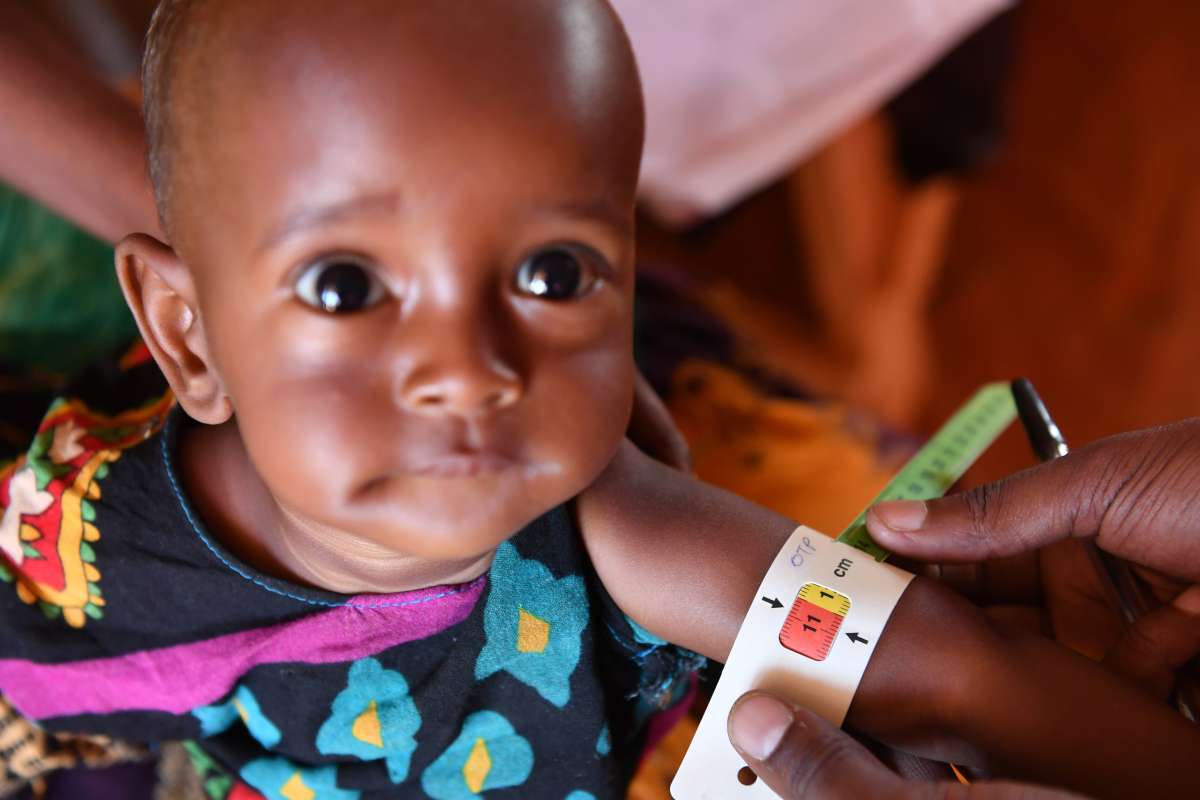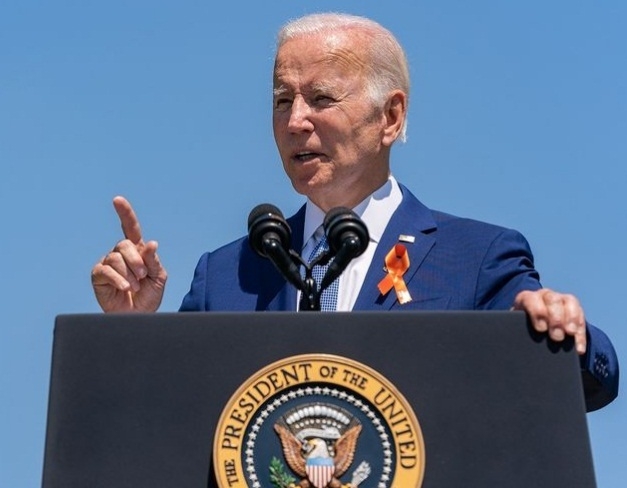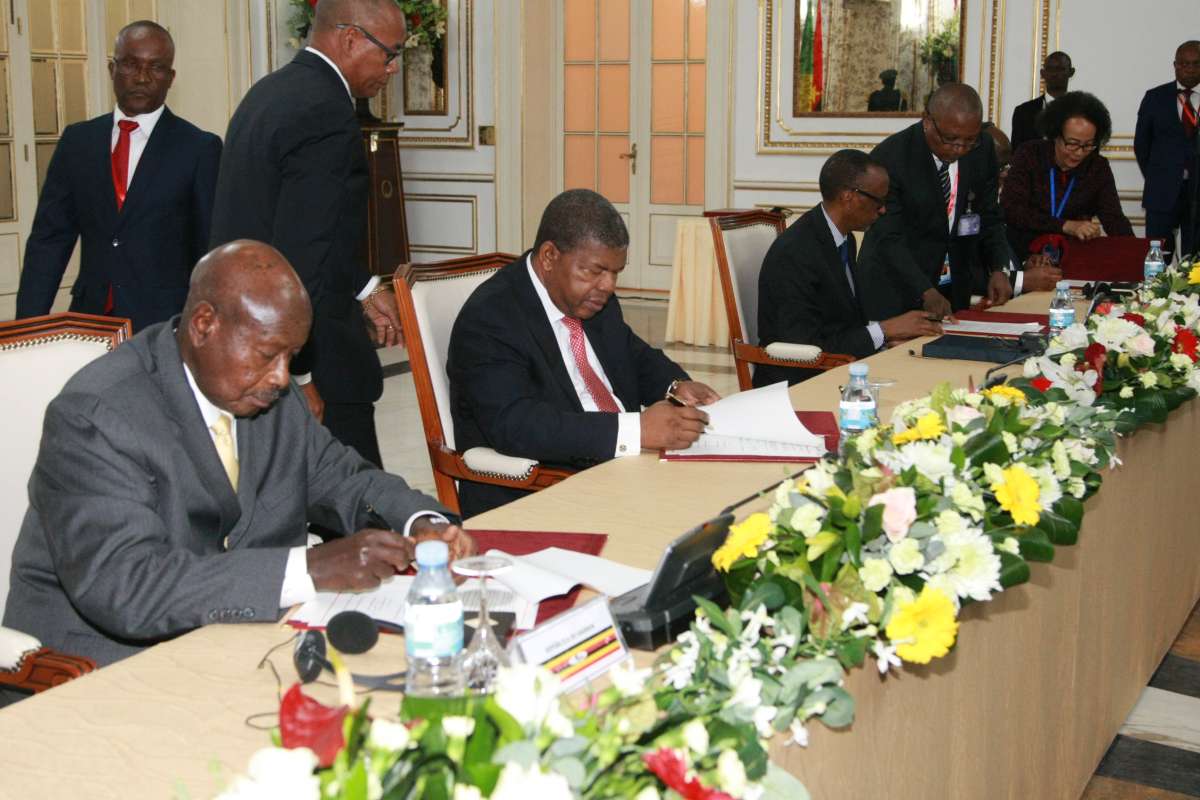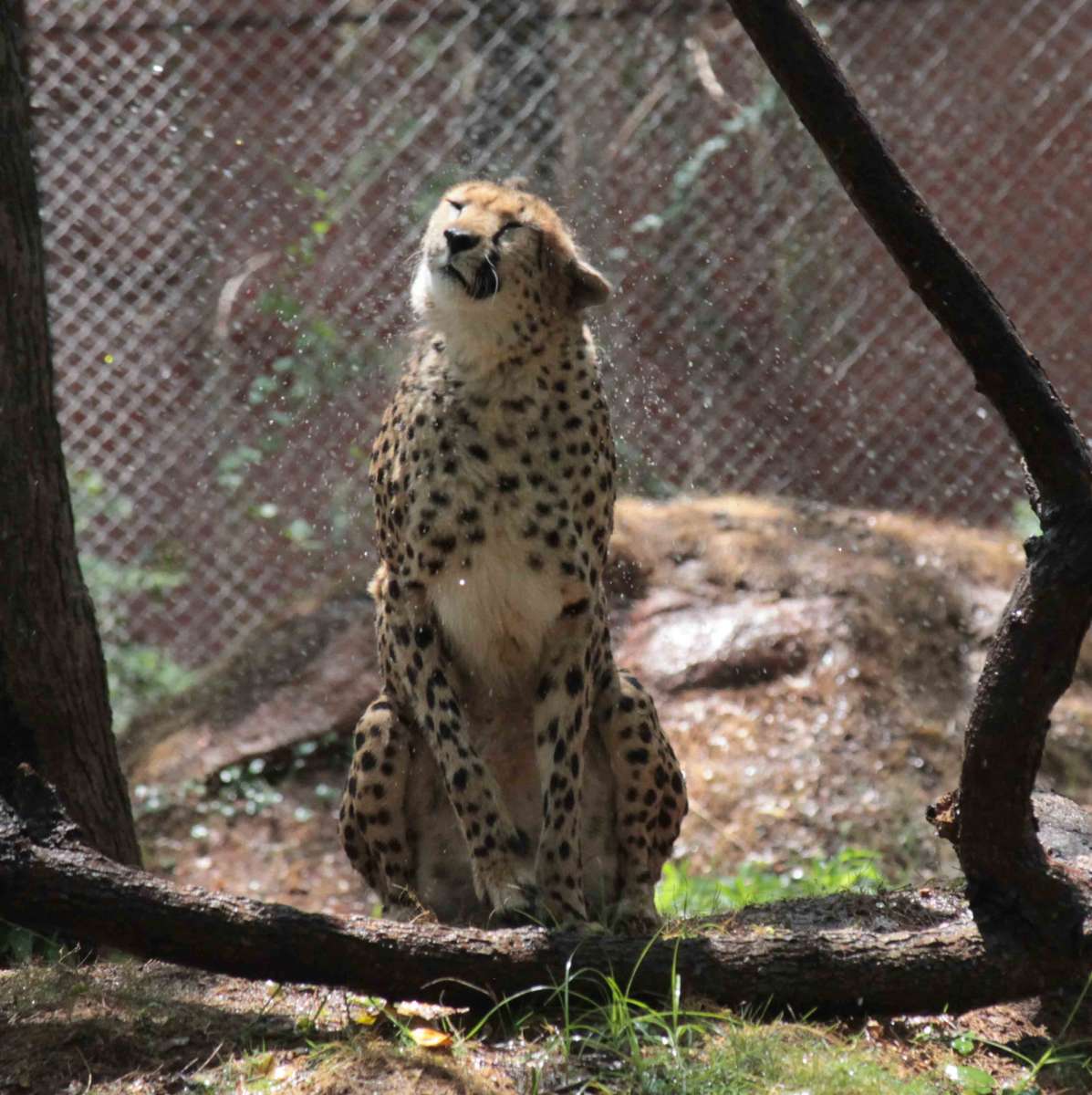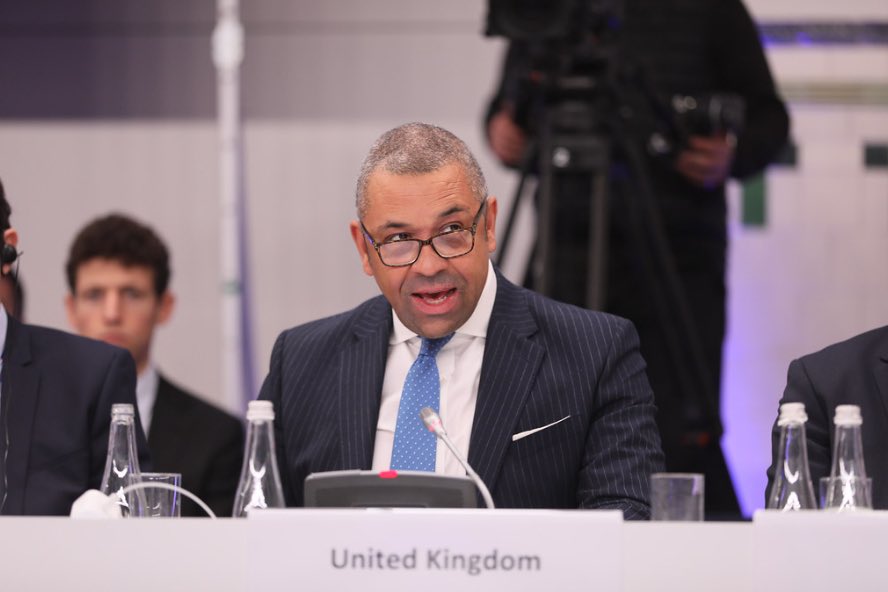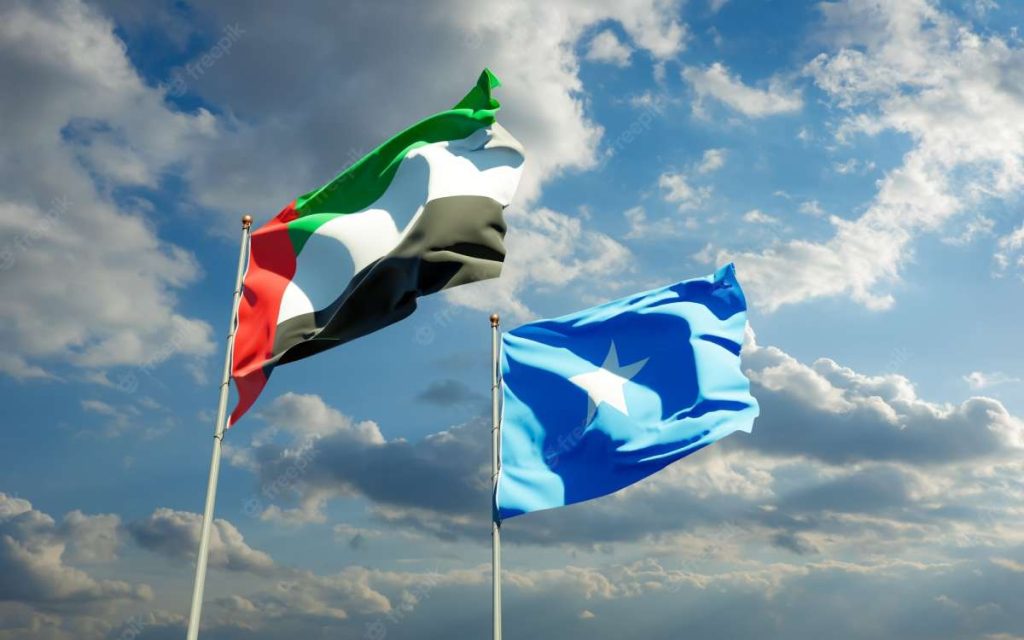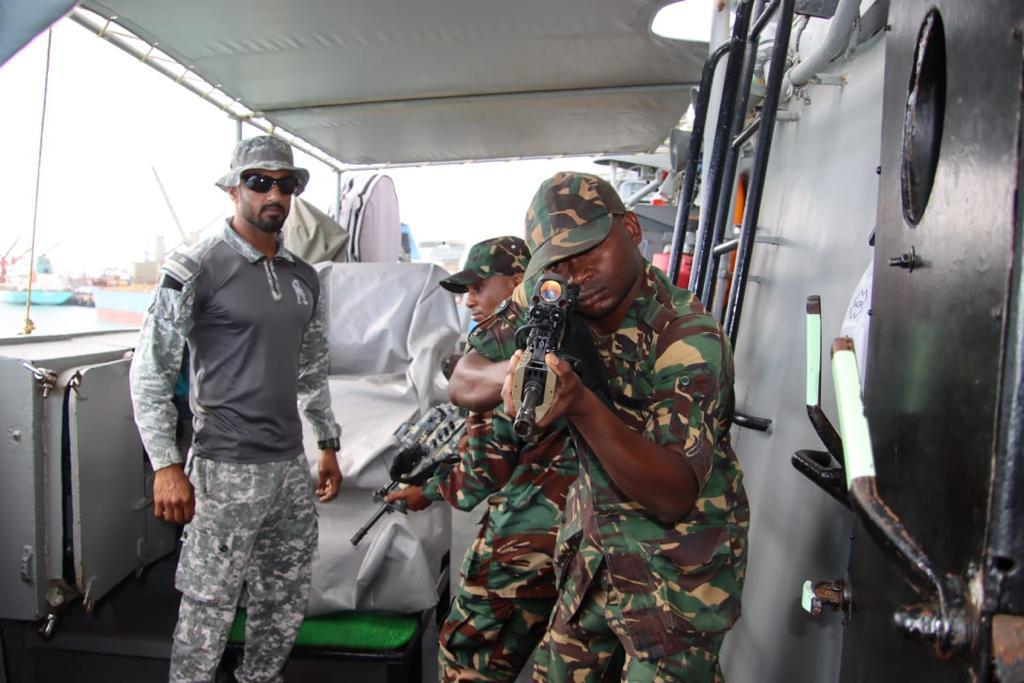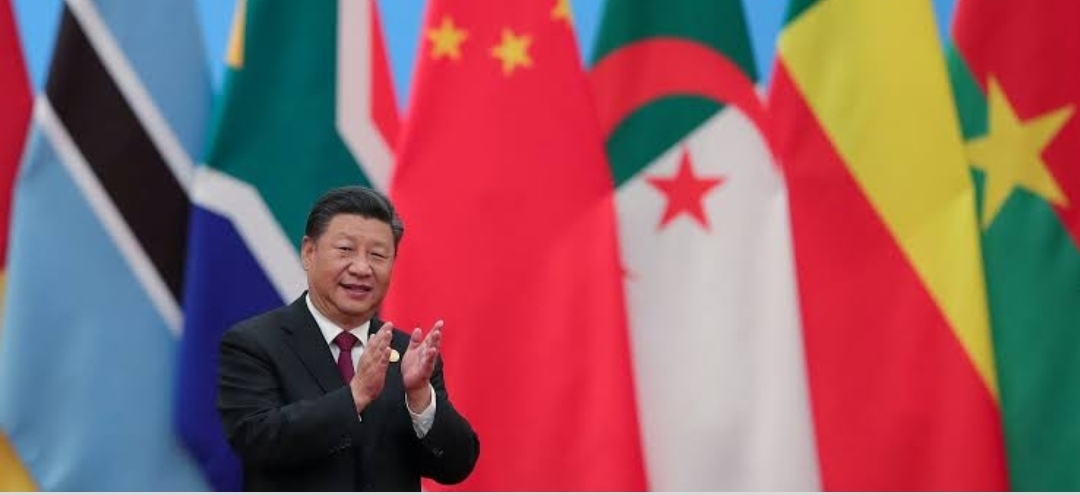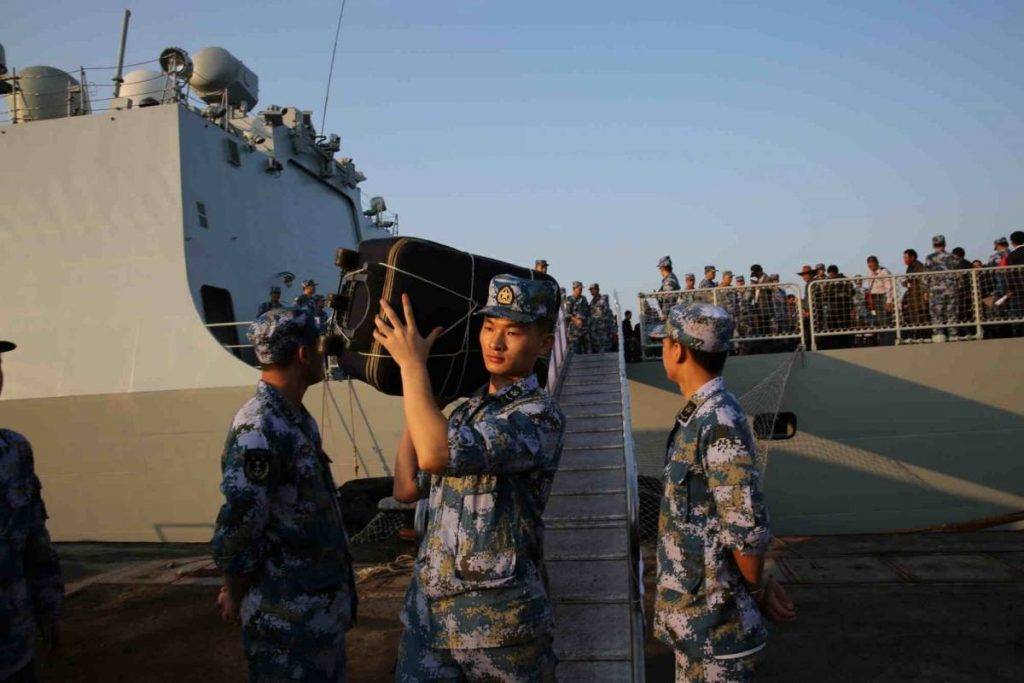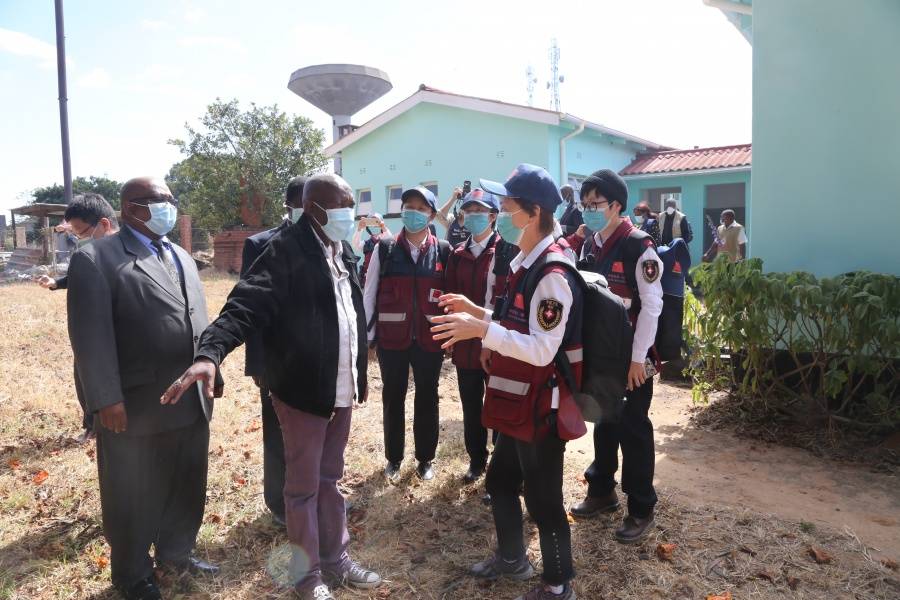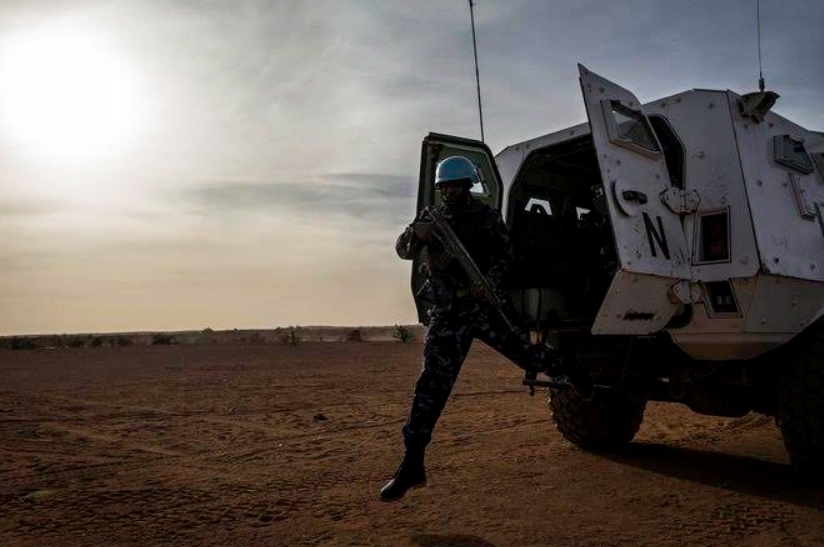Since 2021, the US government said that it has helped close more than 800 two-way trade and investment deals across 47 African countries, reports Asian Lite Newsdesk
The United States committed to USD 15 billion worth of two-way trade deals with several countries in Africa during a summit in Washington this week, the White House said on Wednesday.
“At today’s US-Africa Business Forum, President (Joe) Biden announced over USD 15 billion in two-way trade and investment commitments, deals, and partnerships that advance key priorities, including sustainable energy, health systems, agribusiness, digital connectivity, infrastructure, and finance,” the White House said in a press release.
“US goods and services traded with Africa totalled USD 83.6 billion in 2021. These investments and programs are in support of the umbrella initiatives PGII, Prosper Africa and Power Africa,” the release added.
Since 2021, the US government said that it has helped close more than 800 two-way trade and investment deals across 47 African countries for a total estimated value of over USD 18 billion, and the US private sector has closed investment deals in Africa valued at USD 8.6 billion.
President Joe Biden said the US has “known for a long time that Africa’s success and prosperity is essential to ensuring a better future for all of us, not just for Africa.”
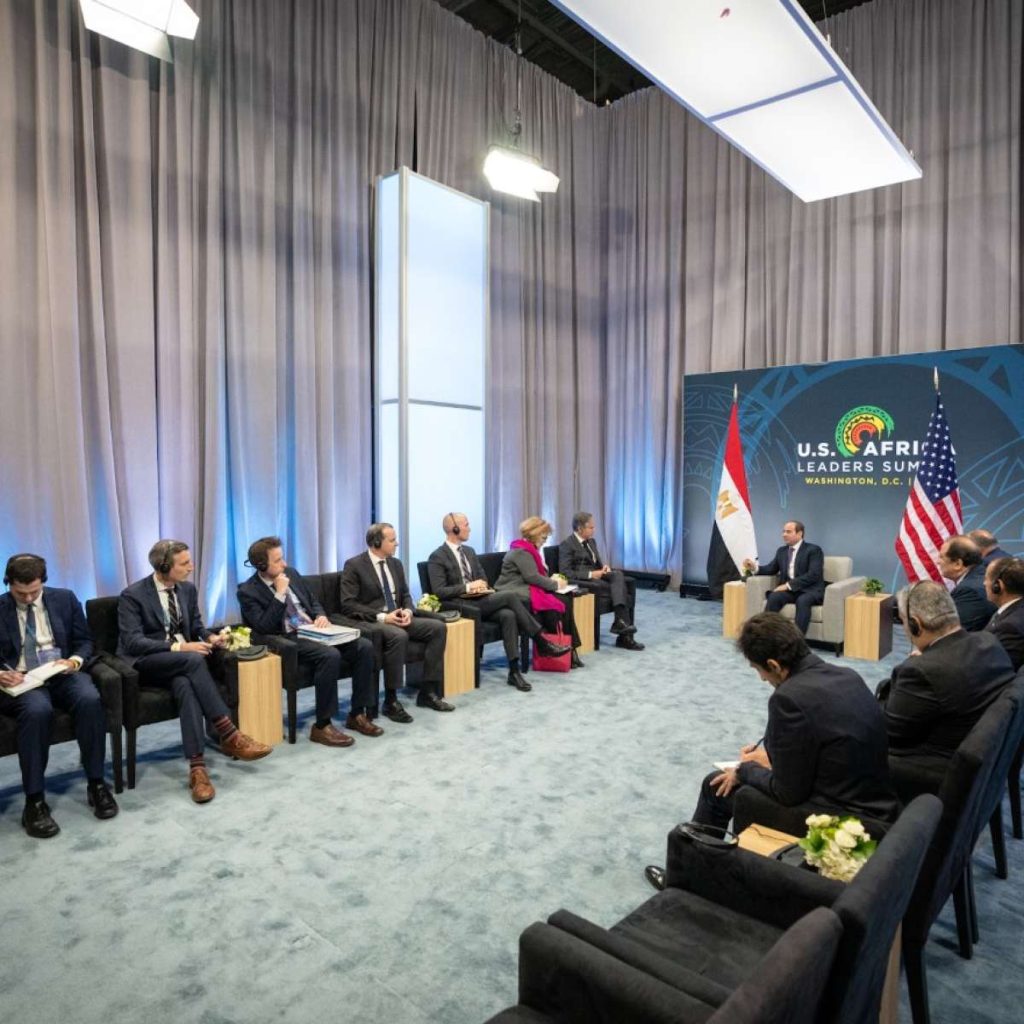
Citing the challenges pertaining to the pandemic, food prices and climate change, Biden said, “We can’t solve any of these challenges without African leadership at the table — and I’m not trying to be nice; that’s a fact — African ideas and innovation helping to shape the solutions and Africa population contributing to every step.”
On Monday, US Secretary of State Antony Blinken signed a memorandum of understanding with representatives from Zambia and the Democratic Republic of the Congo on the development of the nations’ electric vehicle battery value chains and advancing multilateral goals on critical mineral supply.
Biden is hosting nearly 50 African leaders in Washington this week as he seeks to improve the United States’ ties with African countries amid concerns that China has been increasing its presence in the region.
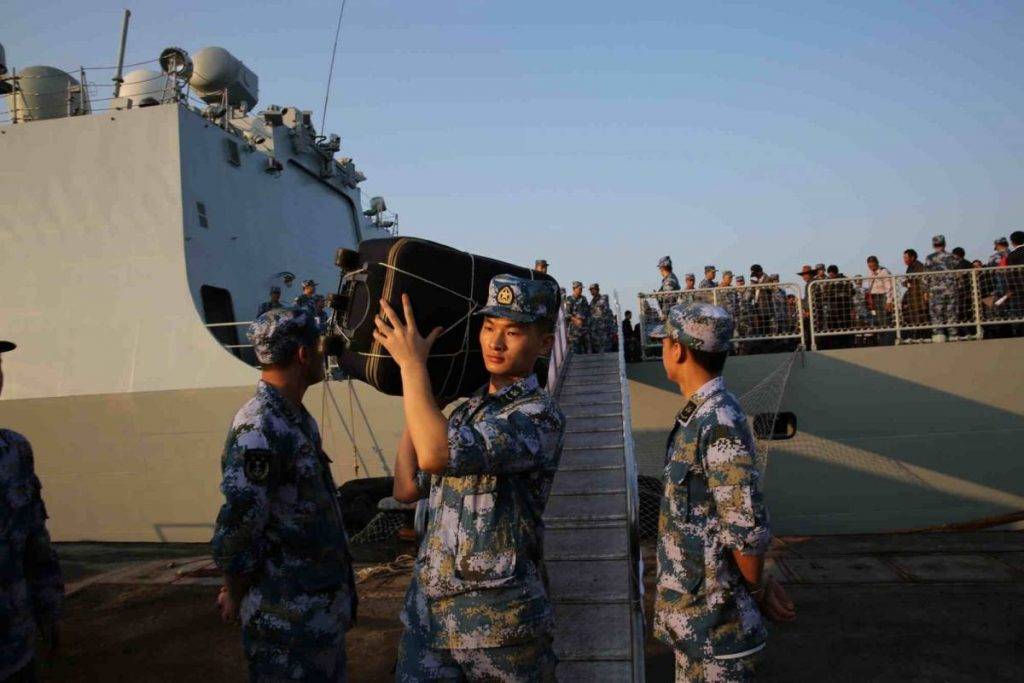
China’s role in Africa
Since the advent of Xi Jinping to power in 2012, China’s footprint in Africa has grown consistently.
Like Russia, China has been playing a major role in Africa in security related areas because it is among the important arms suppliers to Africa. It has signed loan deals with eight African countries worth US $3.5 billion from 2000 to 2020 for defence spending.
Chinese armoured vehicles and military vehicles are proliferating in African countries. Besides, China has exported arms to the so-called rogue states that have no regard for international norms. Omar -al Bashir’s regime in Sudan is a case in point.
This had accentuated intra-state conflict and led to violation of human rights in Sudan. Apart from providing security related technologies in Africa, China has assiduously built a military base in Djibouti which is strategically located in the horn of Africa. There is every likelihood of China establishing a military base in Equatorial Guinea in future.
In the realm of development cooperation, China has been operating its Africa policy through the Forum on China Africa Cooperation (FoCAC) by organising a tri annual multilateral dialogue with 53 African states, except Eswatini. Besides, China’s Belt and Road Initiative (BRI), a transcontinental infrastructure development project involving US $1 trillion, has 46 signatories from Africa. China is also building digital infrastructure in Africa. Although the BRI is being critiqued for the so-called ‘debt trap diplomacy’ it might warrant a more nuanced assessment that offers African states an agency.
On the whole, the Sino-African ties are asymmetric. China happens to be the largest trading partner, bilateral creditor and investor in infrastructure and development in Africa. The Sino-Africa trade was as high as US$ 254 billion in 2021.

